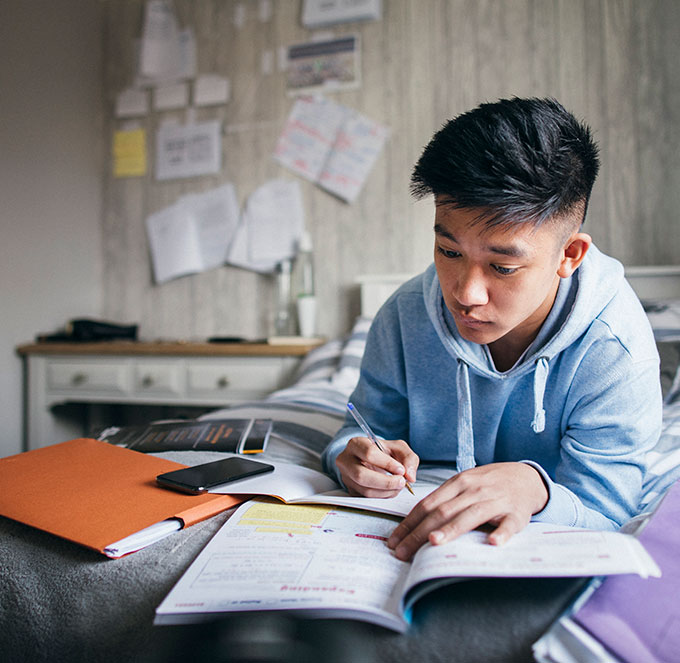
6. Mix it up
It frequently helps to vary your self-testing. Don’t limit your attention to one subject. Train your brain on various ideas. Interleaving is what psychologists refer to as.
Actually, the questions on your exams will frequently be messed up as well. Interleaving can, more crucially, improve your learning. When you repeatedly practice a single idea, “your attention wanes because you know what’s coming up next,” according to Sana. Change change your routine, and you are now separating the ideas. You may also notice how ideas differ from one another, develop trends, or work well together in various ways.
Consider that you are studying the volume of various forms in arithmetic. Numerous issues might be solved using a wedge’s volume. You may then respond to other batches of queries, each of which dealt with a different form. Alternately, you may calculate the volume of a cone and then a wedge. The volume of a half-cone or a spheroid may be found next. You may then combine them once again. You may even incorporate some division or addition practice.
College students were divided into groups to test each strategy under the guidance of Rawson and others.
The researchers presented their findings in Memory & Cognition last year. Those who interleaved their practice questions performed better than the group who practiced in a single batch.
Interleaving can benefit kids with both strong and weak working memory, as Sana and others shown a year earlier. When following a recipe, for example, working memory helps you recall where you are in the process.








